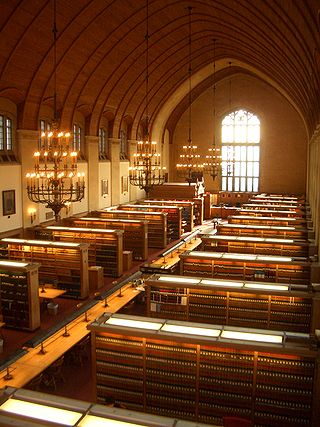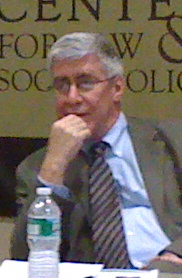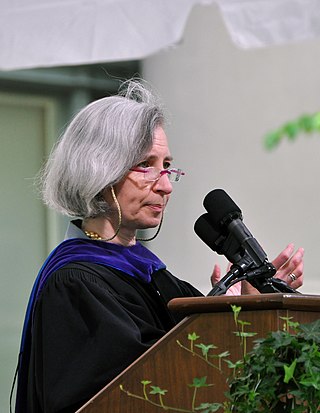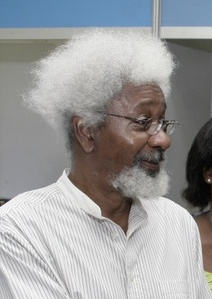Related Research Articles

Cornell Law School is the law school of Cornell University, a private Ivy League university in Ithaca, New York. One of the five Ivy League law schools, it offers four law degree programs, JD, LLM, MSLS and JSD, along with several dual-degree programs in conjunction with other professional schools at the university. Established in 1887 as Cornell's Department of Law, the school today is one of the smallest top-tier JD-conferring institutions in the country, with around 200 students graduating each year.
Feminist legal theory, also known as feminist jurisprudence, is based on the belief that the law has been fundamental in women's historical subordination. Feminist jurisprudence the philosophy of law is based on the political, economic, and social inequality of the sexes and feminist legal theory is the encompassment of law and theory connected.The project of feminist legal theory is twofold. First, feminist jurisprudence seeks to explain ways in which the law played a role in women's former subordinate status. Feminist legal theory was directly created to recognize and combat the legal system built primarily by the and for male intentions, often forgetting important components and experiences women and marginalized communities face. The law perpetuates a male valued system at the expense of female values. Through making sure all people have access to participate in legal systems as professionals to combating cases in constitutional and discriminatory law, feminist legal theory is utilized for it all.

Jacob Gould Schurman was an American educator and diplomat, who served as President of Cornell University and United States Ambassador to Germany.

Jeremy Waldron is a New Zealander legal philosopher. He holds a University Professorship at the New York University School of Law, is affiliated with the New York University Department of Philosophy, and was formerly the Chichele Professor of Social and Political Theory at All Souls College, Oxford University. Waldron also holds an adjunct professorship at Victoria University of Wellington. Waldron is regarded as one of the world's leading legal and political philosophers.
Leslie John Green is a Scottish-Canadian legal scholar specialising in jurisprudence. He is Professor of the Philosophy of Law and Fellow of Balliol College, Oxford University, and Professor of Law and Distinguished Faculty Fellow at Queen's University, Kingston. A legal positivist, his research also focuses on political philosophy and constitutional theory.
Drucilla Cornell, was an American philosopher and feminist theorist, whose work has been influential in political and legal philosophy, ethics, deconstruction, critical theory, and feminism. Cornell was an emerita Professor of Political Science, Comparative Literature and Women's & Gender Studies at Rutgers University the State University of New Jersey; Professor Extraordinaire at the University of Pretoria, South Africa; and a visiting professor at Birkbeck College, University of London. She also taught for many years on the law faculties of the University of Pennsylvania and of Cardozo Law School of Yeshiva University.

Martha Louise Minow is an American legal scholar and the 300th Anniversary University Professor at Harvard University. She served as the 12th Dean of Harvard Law School between 2009 and 2017 and has taught at the Law School since 1981.
Quain Professor is the professorship title for certain disciplines at University College London, England. The title honours Richard Quain, who became Professor of Anatomy in 1832 at what would become University College, London. Quain left a legacy to the university to endow professorships in four subjects in 1887. He intended that the funding should recognise his brother, John Richard Quain, as well as himself.

Edmund Melson Clarke, Jr. was an American computer scientist and academic noted for developing model checking, a method for formally verifying hardware and software designs. He was the FORE Systems Professor of Computer Science at Carnegie Mellon University. Clarke, along with E. Allen Emerson and Joseph Sifakis, received the 2007 ACM Turing Award.
Martha Albertson Fineman is an American jurist, legal theorist and political philosopher. She is Robert W. Woodruff Professor of Law at Emory University School of Law. Fineman was previously the first holder of the Dorothea S. Clarke Professor of Feminist Jurisprudence at Cornell Law School. She held the Maurice T. Moore Professorship at Columbia Law School.

The Chair of Jurisprudence is a Professorship at the University of Glasgow, founded in 1952.

The Robert W. Woodruff Professorships are endowed professorships at Emory University, named for philanthropist Robert W. Woodruff. The chairs are Emory University's "most distinguished academic appointments [...] reserved for world-class scholars who are not only proven leaders of their own fields of specialty but also ambitious bridge-builders across specialty disciplines." There have been 24 Woodruff Professors appointed since the 1982.
Michael J. Perry is an American legal scholar, specializing in constitutional law, human rights, and law and religion.
Cynthia Grant Bowman is an American legal scholar specializing in areas relating to law and women, including women in the legal profession, sexual harassment, and legal remedies for adult survivors of childhood sex abuse. She is the Dorothea S. Clarke Professor of Feminist Jurisprudence at Cornell Law School.
The title of Professor of Jurisprudence may refer to one of the following academic positions:
Philip H. Knight endowed chairs and professorships were established at the University of Oregon in 1996, when Penny and Phil Knight donated US$15 million for 27 endowed chairs and professorships, "to provide academic areas with a source of funds for recruiting and retaining faculty of superior academic quality". Chairs and professorships must be awarded on merit only, not longevity. Collectively, the Knight endowed chairs and professorships receive over US$325,000 in bonuses per year. The award for a Knight Chair is US$50,000, and US$25,000 for a Knight Professorship.

Feminist interventions in the philosophy of law concern the examination and reformulation of traditional legal systems in order to better reflect the political, social, and economic concerns of women---which also includes various other minority and ethnic groups. Though it draws heavily from feminist legal theory, feminist interventions in the philosophy of law differs from the more common feminist jurisprudence as it also seeks to explain the justification that a government has in interfering with the lives of its citizenry. Accordingly, then, feminist interventions in legal philosophy specifically addresses the relationship and rationale between a judicial system's exercise of power and its effects on female citizens. While particular views vary greatly, most feminist interventions in the philosophy of law operate under a belief that many contemporary legal systems are predicated on patriarchal notions of masculinity that result in a system of deeply-rooted bias and inequality.
Nkiru Nzegwu is a Nigerian philosopher, painter, author, curator and art historian. She is Distinguished Professor for Research at State University of New York at Binghamton.